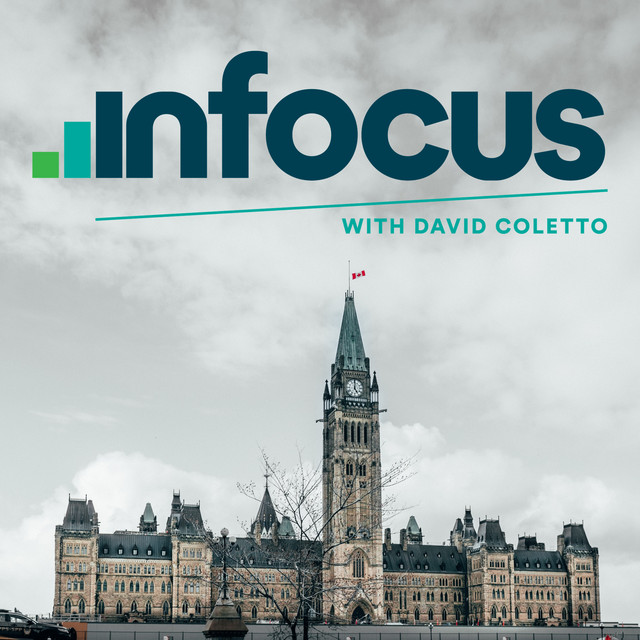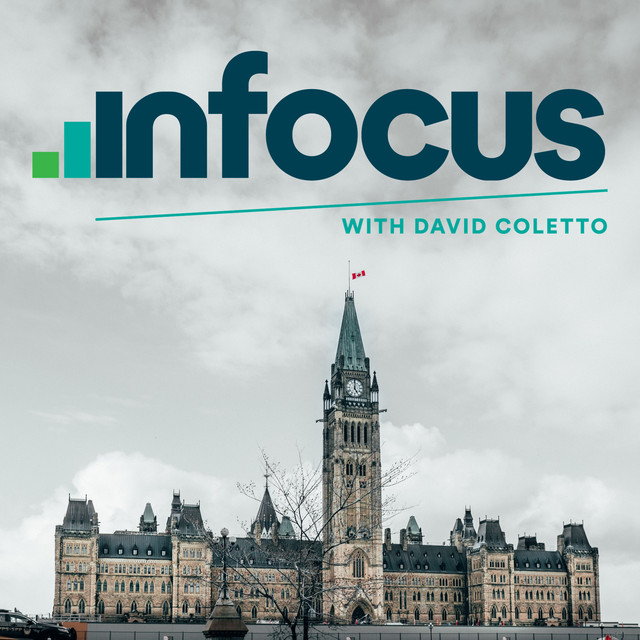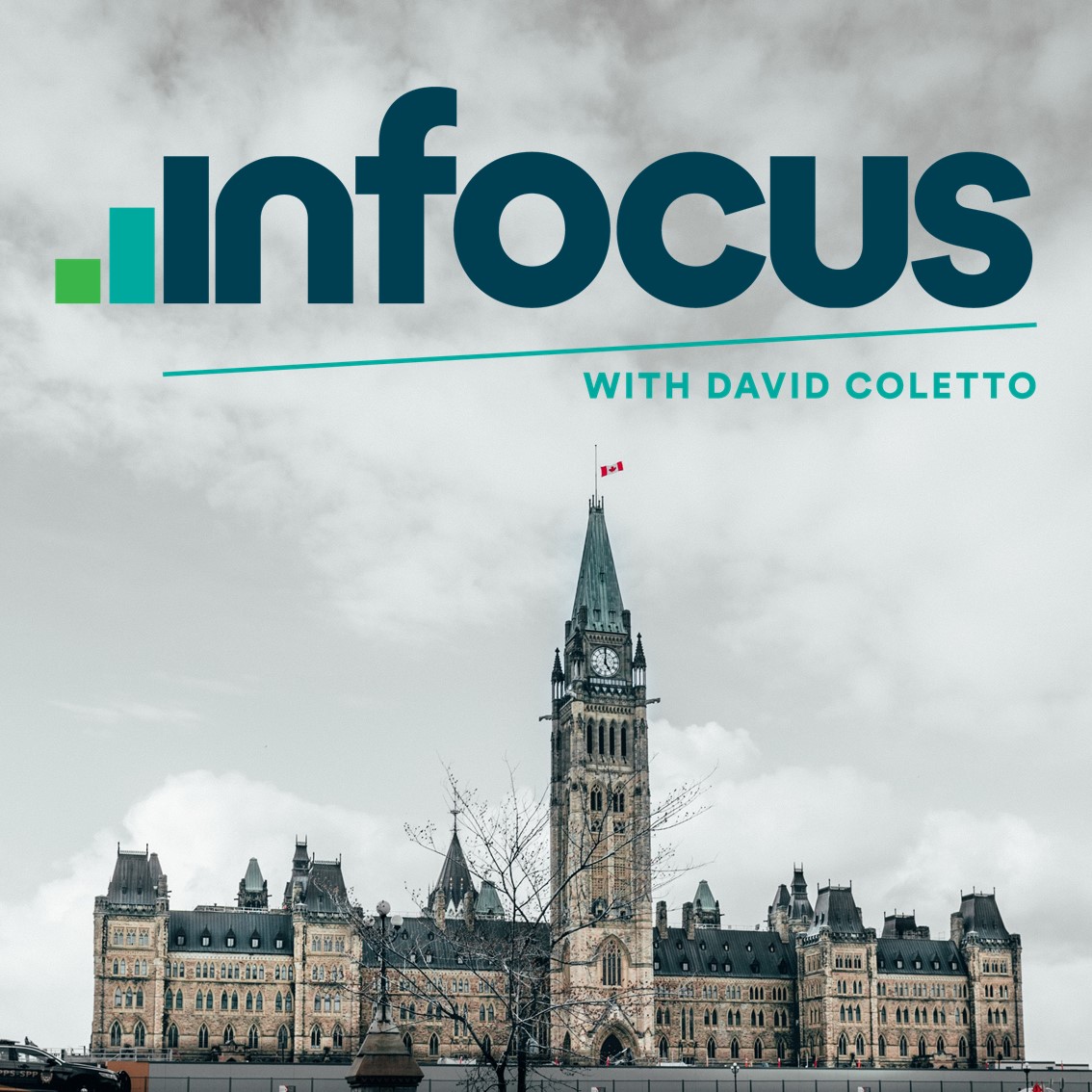Episode Transcript
[00:00:00] Foreign.
[00:00:18] Well, hey there. And welcome back to In Focus with David Coletto. I'm David Coletto. Today we're unpacking the big news from south of the border. On Wednesday, President Donald Trump announced a a sweeping set of reciprocal tariffs on countries around the world. But and this is key, Canada is not on the list. Now, at first glance, this feels like we just dodged a major economic bullet, but here's the rub. Previously announced tariffs still apply, especially those on cars, steel and aluminum. So the question we're asking today is does this development help or hurt Prime Minister Mark Carney's Liberals or Pierre Poliev and the Conservatives? As we wrap up the second week of this federal election campaign, let's begin with the polling context. What do we know? Well, from the polling we did at Abacus Data, we know that Carney and the Liberals lead Poliev and the conservatives by 10 points, 42 to 32. When it comes to who Canadians think is better able to handle Donald Trump and his decisions, the Liberals also hold a slight edge on managing the economy overall, 38 to 33 and on leadership traits like standing up to a bully, resolving disputes, finding and guiding the country through a storm. Carney comes out ahead of Poliev across the board. But here's a catch. While Canada has spared was spared this round of tariffs, the sense of crisis around Trump might become less urgent in voters eyes. And if the so called Trump threat recedes, the Conservatives may see an opening to shift public focus back to other core issues like affordability, housing and crime that have topped our list of other key issues on people's minds. Those are issues that the Conservatives would much rather be talking about. On the Liberal side, there's an argument to be made that Carney delivered that he effectively shielded Canada from this wave of tariffs, reinforcing his reputation as a steady hand in rough water.
[00:02:18] Abacus numbers suggest many voters already think Carney is equipped to stand firm against the White House. If enough Canadians read the exclusion from Trump's tariffs as proof of Carney's efficacy, I think that could be a big boost for the Liberals. Still, Poliev is betting that Canadians are worried about more than just Trump. He's laid out a plan that includes renegotiating trade deals, building an economic fortress by expanding resource development and offering a business liquidity support program to keep workers on payroll. He's saying in effect, Trump is a problem. But let's not forget about the underlying challenges in our own backyard like the housing crisis and affordability, those things that have been simmering for years. So what's the net impact on the race? Well, I think it's still too early to say and we'll need a few days and some new polls to tell us. But if the tariff storm dissipates, at least temporarily, China Trump might stop dominating the conversation. Now that could allow Poliev to hit the Liberals where he believes they're vulnerable, like on the cost of living. On the other hand, the Liberals will argue that this shows Carney can manage Trump effectively. On the other hand, the Liberals will argue that this shows Carney can manage Trump effectively. They'll say, hey, look, we're not on the list and that's because we stood up for Canadian interests. When I look at the bigger picture, this is still anyone's game. Yes, the polls right now favor Carney and the Liberals on the trade file. They're slightly ahead in the polls. But in an election, events move quickly and the issues can flare up or fade away overnight. If Trump remains quiet about Canada for the next little while, Palliev and Jagmeet Singh, for that matter, gets a breather to push their own agenda. If tariffs spring up again, and let's be honest with Trump, anything can happen. Carney might be back in the spotlight to prove his mettle once again.
[00:04:08] Now we're almost 14 days into this campaign and we know that what's on voters minds is very much reflective of the fear and threat they feel from Donald Trump. One move from the White House can reshape how we talk about our economy, jobs and national security. This time we got spared the worst of it. But the long term question is will Canadians see this as proof of Carney's resolve or will they say, wait a minute, the real storm is at home and we need someone else to steer us forward. The next few weeks will be fascinating and of course we'll be watching this closely. That's it for now on Infocus with David Coletto. Thanks for tuning in. If you found this episode or others helpful and valuable, be sure to subscribe and share with anyone who you think would be interested in the data and the analysis. You can also subscribe to my substack davidcolletto1l2t's.substack.com and of course visit the Abacus Data website for all of our latest polling analysis and insights into what Canadians are thinking and feeling at this pivotal moment in our history. Take care and we'll be in touch soon.
[00:05:29] Sa.


